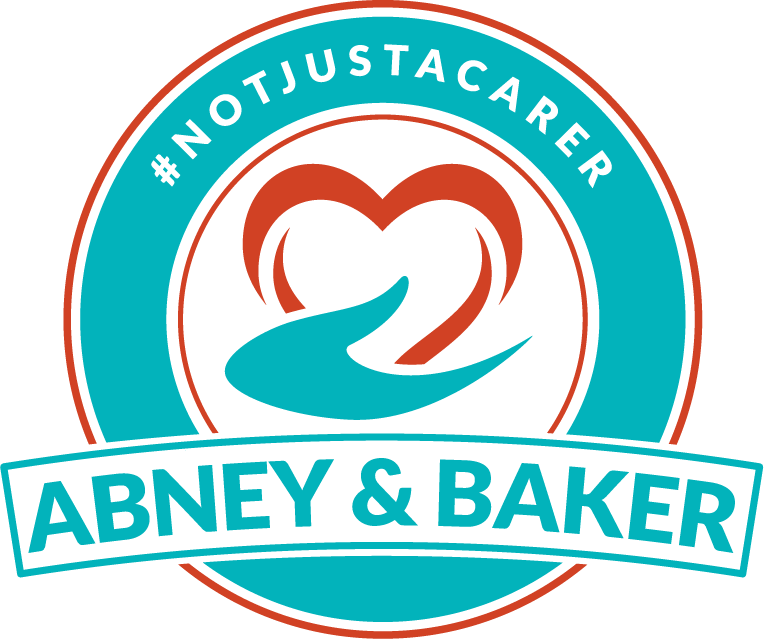Alzheimer’s and dementia can change the way your elderly loved one hears, processes and responds to conversation. We appreciate this can be really challenging so have pulled together some of the top tips available to communicate effectively.
Nonverbal messages i.e. our body language and facial expressions have a large part to play as they can often come through more clearly than the words we use. Body language and facial expressions can help your elderly loved one clearly and easily understand your meaning. It therefore reduces confusion, agitation and anger, plus increases cooperation.
Finding the right communication techniques can make caregiving a lot easier and improve the quality of life for you both. Here’s our top pick of dementia communication techniques:
1. Be patient and calm
Easier said than done we know but projecting a positive and calm attitude can go a long way. Be aware of your body language, try not to interrupt them when they’re talking, give them your full attention using eye contact.
We understand situations can get very frustrating so there’s no shame in stepping away for a minute or so to do some deep breathing or calming exercises then return with a calmer attitude.
2. Keep your voice, face, and body relaxed and positive
A tense facial expression can cause distress and make communication more challenging so try and keep a pleasant or happy look on your face. Also, keep your tone of voice positive and friendly.
3. Be consistent
It can be confusing if your body language and facial expressions don’t match the words you’re saying so make sure the two are aligned.
4. Make eye contact and respect personal space
Approaching your loved one from the front gives them a chance to process who you are and the fact you’re going to interact with them. Try not to stand too close or stand over them, it can feel intimidating.
Keeping your face at or below their eye level helps them feel more in control of the situation. Plus keep eye contact with them whilst you’re having a conversation.
5. Use gentle touch to reassure
Physical touch can give comfort and reassurance but be sure to observe to make sure they’re comfortable with the touching.
Good things to try if they’re comfortable with it are patting or holding their hand, patting or rubbing their shoulder or back, putting an arm around them, giving them a hug.
6. Observe their nonverbal reactions
Dementia may make it difficult for your loved one to express themselves verbally which can be very frustrating for them. So, keep an eye out for signs of frustration, anger or fear and adjust your reaction accordingly so you can calm or soothe them as needed.
We know care giving is a hugely demanding task both physically and mentally, but hopefully these tips give you some reassurance that you’re certainly not alone and there are ways to ease things slightly.
Plus, don’t forget, there’s no shame in asking for help. Respite care visits can give both you and your loved one a break so you can come back refreshed or having just one visit a week to give you both some space can work wonders. Knowing your loved one is in safe hands whilst you’re not there means a huge weight it lifted.
Helping your loved one to continue living independently and confidently in your own home.
By providing a range of support at home, we’re helping many clients across Bath & North East Somerset and West Wiltshire retain their independence and stay in control in the comfort of their own homes.
Remember we’re always here if you want to chat about your care options. Just get in touch:
0333 043 4880 or email enquiries@abneyandbaker.com


